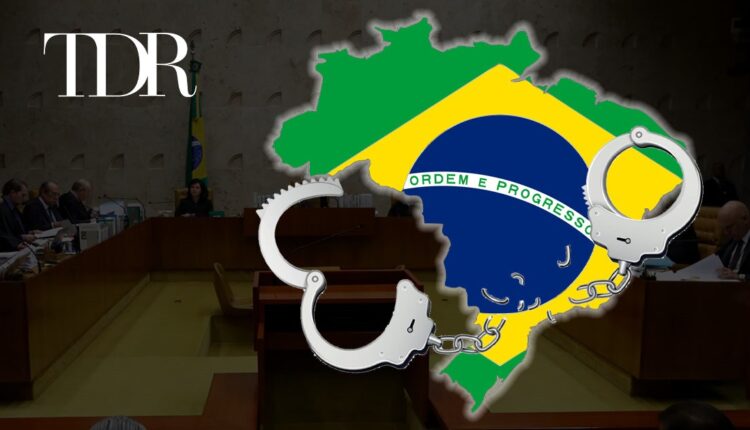
Brazil’s Supreme Court Decriminalizes Cannabis Possession
The TDR Three Key Takeaways regarding Brazil’s Supreme Court and Decriminalizes Cannabis Possession:
- Brazil’s Supreme Court decision to decriminalize cannabis possession has been a long time in the making, starting back in 2015.
- Brazil’s Supreme Court ruling addresses racial disparities in drug law enforcement.
- The Supreme Court decision aligns with South American trends in drug policy.
Brazil’s Supreme Court voted yesterday to decriminalize the possession of cannabis for personal use, marking a significant shift in Brazil’s drug policy. The decision to decriminalize cannabis possession has been a long time in the making, with the court’s deliberations starting back in 2015. As of now, the justices have reached a majority vote in favor of decriminalization of cannabis, though details such as the maximum amount considered for personal use and the ruling’s effective date remain pending.
The court’s decision does not extend to the sale of marijuana, which remains illegal. This distinction underscores the ruling’s focus on personal use, aiming to address the inequities in Brazil’s criminal justice system. A 2006 law attempted to impose alternative penalties for small drug possession but was ambiguous, leading to frequent arrests on charges of trafficking. Consequently, Brazil’s prison population swelled, with many first-time offenders incarcerated for possessing small quantities of drugs.
Brazil has the third-largest prison population globally, with approximately 25% of inmates jailed for drug possession or trafficking. Black citizens are disproportionately represented among these inmates, highlighting significant racial disparities in the enforcement of drug laws. Ilona Szabó, president of the Igarapé Institute, noted, “The majority of pre-trial detainees and those convicted of drug trafficking in Brazil are first-time offenders, who carried small amounts of illicit substance with them, caught in routine police operations, unarmed and with no evidence of any relationship with organized crime.”
Brazil’s Congress is currently working on tightening drug legislation, which may conflict with the Supreme Court’s ruling. Senate President Rodrigo Pacheco has emphasized the role of the legislative process in determining drug policy. “There is an appropriate path for this discussion to move forward and that is the legislative process,” Pacheco said. “It is something that, obviously, arouses broad discussion and it is a subject of preoccupation for Congress.”
The Brazil’s Supreme Court’s decision aligns with trends in South America, where several countries have adopted more lenient stances on personal cannabis use. Uruguay fully legalized marijuana for recreational use in 2013, and Colombia, Ecuador, and Peru have decriminalized possession while keeping sales illegal. Argentina decriminalized personal use in 2009, although enforcement has led to arrests that are often dismissed by judges. In contrast, both distribution and possession remain illegal in Venezuela.
Brazil allows restricted medicinal use of cannabis and has authorized some patients to grow cannabis for medical treatment. This development towards treating drug use as a public health issue rather than a criminal one has been seen as a progressive step. Leftist lawmaker Chico Alencar praised the ruling, saying, “An advance in drug policy in Brazil! This is an issue of public health, not security and incarceration.”
The decision also addresses the broader issue of drug trafficking and its impact on Brazil’s incarceration rates. Cristiano Maronna, director of JUSTA, highlighted the significance of this focus: “Today, trafficking is the main vector for imprisonment in Brazil.” By decriminalizing personal possession, the Brazil’s Supreme Court aims to reduce the number of people imprisoned for minor drug offenses and shift the approach towards a public health perspective. Want to be updated on Cannabis, AI, Small Cap, and Crypto? Subscribe to our Daily Baked in Newsletter!



